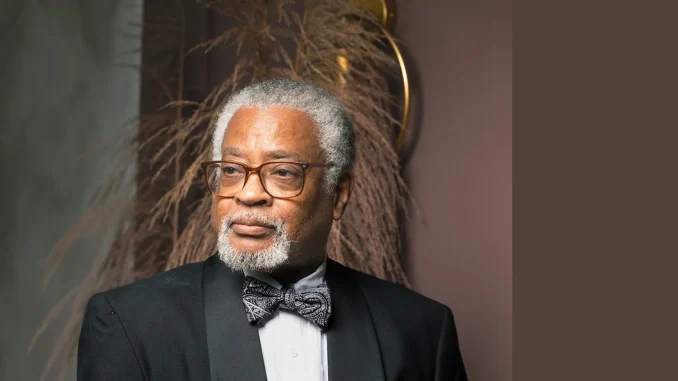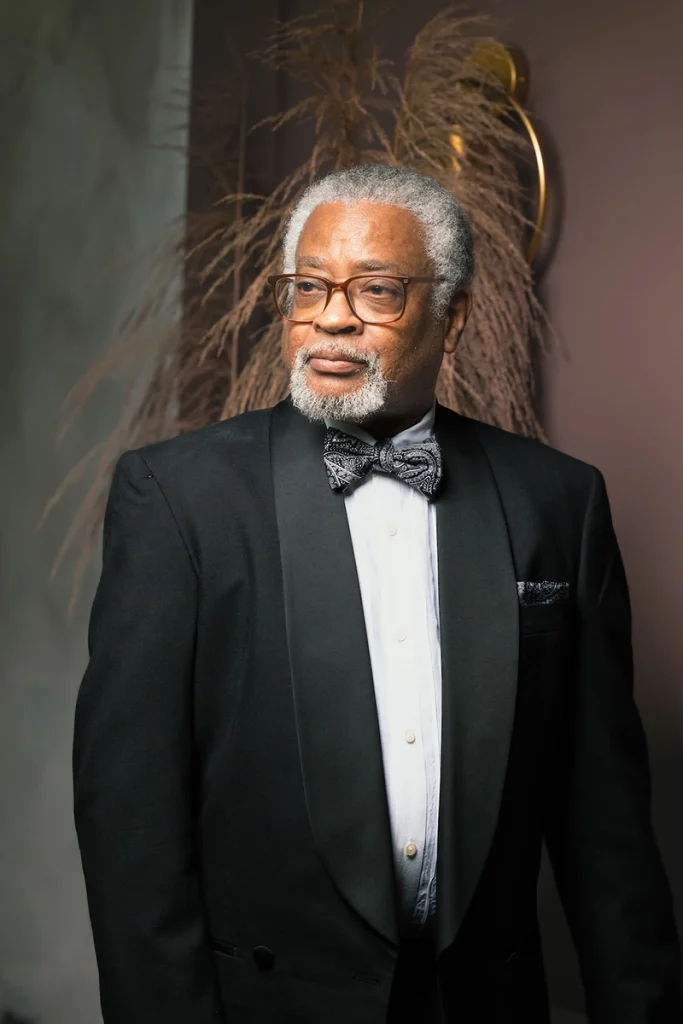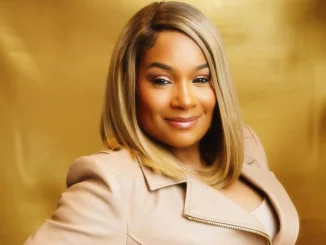
BY Staff
As an academic who grew up in predominantly white institutions(PWI’s) I never envisioned myself in the world of historically Black colleges and universities (HBCUs). My early academic journey—from Montclair State demonstration College High School(1966-1972) to Case Western’s Weatherhead School of Management(2003)—was marked by being the only African-American male in my cohort, facing cultural displacement but always feeling at home in rigorous academic spaces. By 2016, after completing my second master’s in Organ Performance at Mercer University. In 2017, I entered academia full time as professor, still not intending to join an HBCU.
Yet, the pandemic upended my intended plans. When COVID-19 eliminated my full-time post at Gordon State College, I was invited to teach initially remotely at Stillman College in Alabama. Unexpectedly, I found fulfillment interacting with students eager to grow despite the institution’s resource constraints. Stillman soon asked me to serve as director of the Harte Honors College. The salary was modest. Resources were scarce. But the students—curious, ambitious, and determined—made the challenge worthwhile.
Taking the reins of an honors program with just four active students, I committed to building something transformative. Without meaningful administrative support, encouragement, or financial backing, I expanded enrollment to twenty honors scholars. We created a vibrant curriculum, hosted cultural events, and secured students’ participation (and distinction) in national research competitions, internships, and symposia. At Stillman’s 2025 commencement, both the valedictorian and salutatorian were honors graduates, a testament to our collective resolve. I also developed a strategy to grow the program to 100 students globally and increase funding tenfold, hoping to position Stillman’s honors college as a beacon of excellence.
Despite these gains, I could not ignore Stillman’s underlying issues, which are all too common at many HBCUs: administrative dysfunction, vague lines of leadership, chronic financial precarity, and a culture of faculty and student disenchantment. Too often, dedicated educators and students are left adrift in underfunded, undersupported environments. Transformative work is possible—but it demands transparency, vision, and real institutional investment.
My six years as associate professor and honors college director shaped me profoundly, both as a leader and a believer in students’ potential. Stillman’s struggles are not uncommon but mirror those of many small HBCUs across America. These challenges can be overcome, but only if we acknowledge the hard truths and commit to actionable change. For the love of academics and for the promise of future leaders, we cannot settle for the status quo.
Social Media
https://www.linkedin.com/in/drcraigsoaries/
Einstein’s multi-dimensional approach to thinking. “He saw complementarity between disciplines, and wouldn’t dream of siloing Science and the Humanities in separate bins.”






